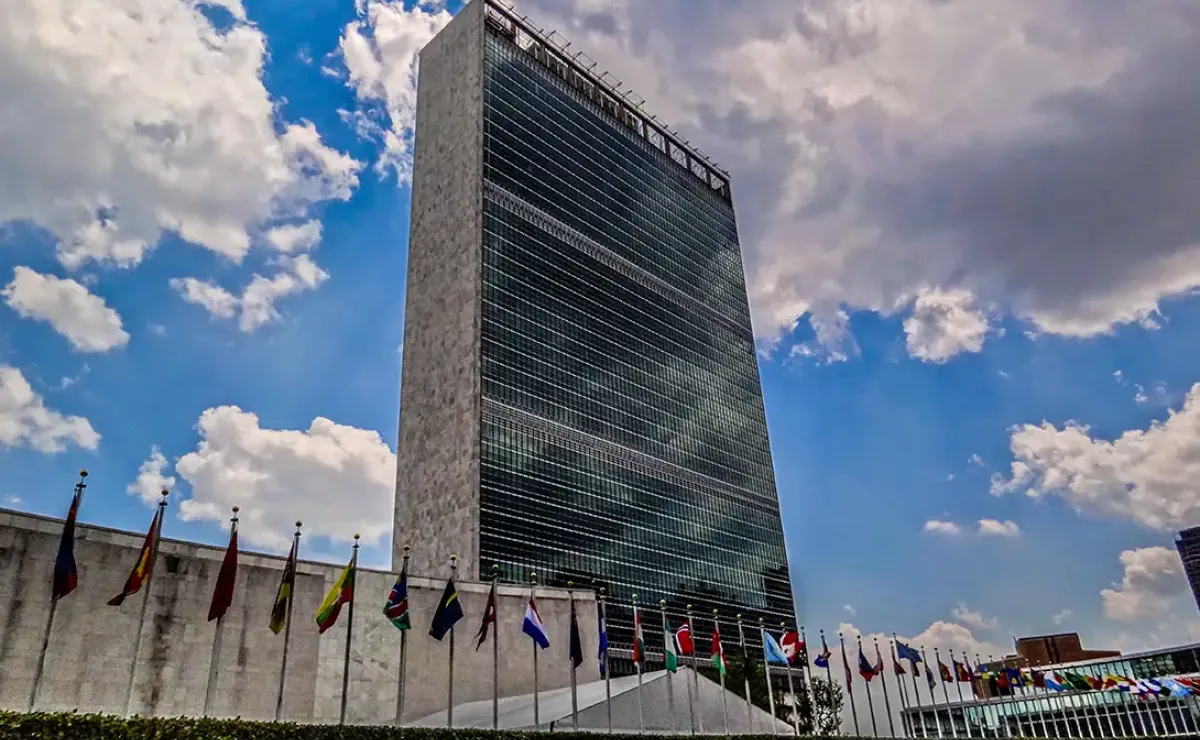This is a new chapter in the history of the social economy. On the 18th of April, 2023, during the General Assembly of the United Nations Organisation (UN) in New York, the first resolution in history was adopted regarding the social and solidarity economy.
Spain was one of the main proponents of the step and it was in charge of defending it at the plenum meeting. “This pioneer resolution offers the tools to face up to the important challenges that humanity has before it, such as the reduction in inequality and the protection of the Environment,” the Spanish Minister of Work and Social Economy, Yolanda Díaz affirmed at the General Assembly of the UN.
For this initiative, Spain has been supported by Argentina, Belgium, Brazil, Bulgaria, Chile, Colombia, Costa Rica, The Dominican Republic, France, Ireland, Italy, Luxemburg, Mongolia, Portugal, Senegal and Slovenia.
The resolution was passed under the premise of “Promoting the social and solidarity economy for sustainable development”. The document includes the official definition of social economy, which was adopted in 2022 in the International Labour Organisation’s (ILO) resolution, in which it is described as an alternative model capable of generating quality employment.
What does the UN resolution change regarding social economy?
For practical purposes, the resolution urges the Member States to incorporate the Social Economy in their national plans and it urges the international organizations and the financial organisms to promote it and strengthen it.
The UN puts in writing in this document the fact that the social economy is a driver for reaching the Sustainable Development Goals (SDGs) and their adaptation within the local context. According to the UN, these are essential factors to promote these relations with:
- Employment and decent work.
- The provision of social services, such as those related to health and care, education and professional training.
- The protection of the environment, including the promotion of sustainable economic practices.
- The promotion of gender equality and the empowerment of women.
- Access to affordable funding and local economic development.
- The strengthening of the productive skills of people in vulnerable situations.
- The promotion of social dialogue, labour rights and protection.
- Inclusive and sustainable growth.
- The creation of alliances and networks on a local, national, regional and international scale.
- The promotion of governance and the formulation of participative policies that include all human rights.


